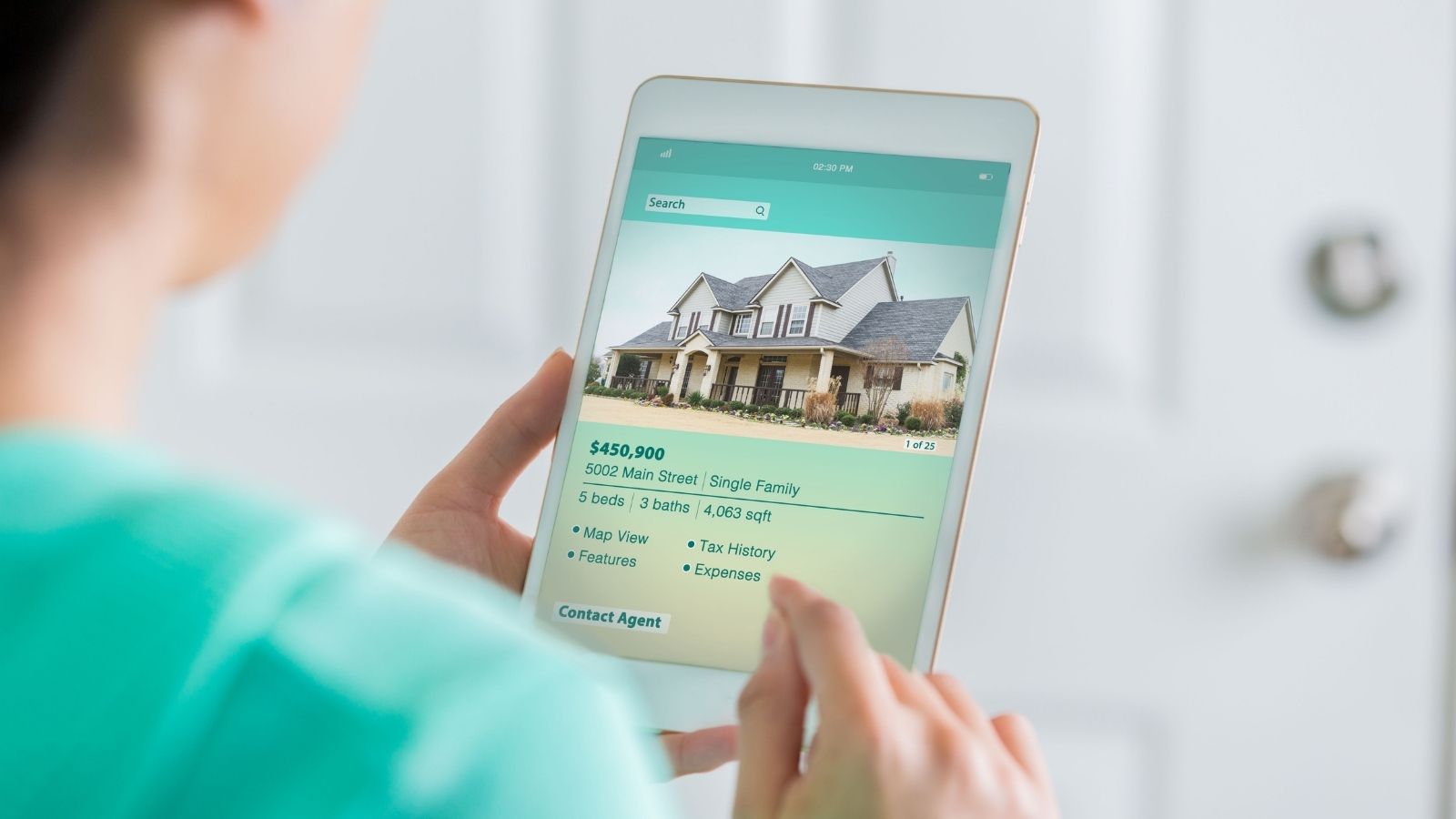When looking to buy a home, you might be concerned about important factors like your financial conditions and how long you plan to live in that home. However, the timing matters too—just like anything else, there is the best time to buy a house.

If you have been closely watching the housing market, you know that home prices have been rising in recent years. And, from what trends demonstrate, that isn’t going to change anytime soon. So, considering how big of a purchase buying a home is, it pays to know the best time to secure an amazing deal.
How Much Does A Typical Home
The housing market has grown more expensive in the last decade. Home prices jumped 17% in June 2022, following an increase of 17.8% in the previous quarter.
While housing prices vary from state to state, according to the US Census and the National Association of REALTORS®, the median home sales price for a newly constructed home is $449,000, and a previously occupied home is $407,600 in 2022.
What Factors Affect Home Prices?
Several factors can cause home prices to rise or fall. Among those that cause the home prices to spike include low supply and high demand. Additionally, the pandemic slowed down the construction of houses due to the unavailability of construction materials while the demand still remained high.
Given below are a few factors that can affect the price of a home at a local level.
- Local housing affordability
- Size of the house
- Age and condition
- Housing market trends
- Appliances and conveniences
- Upgrades and updates
What Is The Best Time Of The Year To Buy A House
Supply and demand play a crucial role in securing the best deal on a home. Naturally, you want to have enough choices before narrowing down on the ideal property, but you don’t want to compete with other buyers. Here is how general trends of the housing market vary throughout the year.
Fall And Winter
Historically, the best time to buy residential real estate is from October through February. The housing market cools down in fall and winter as people become less active. Seasonal changes also lead to a decrease in supply and demand, resulting in prices falling.
The housing market trends from 2021 and 2022 will give you some idea about the house prices in fall and winter:
- The lowest sales price for a house was $329,232 in January 2021 and $376,559 in January 2022.
- Home listed in January 2021 and 2022 stayed on the market for around 61-71 days.
- The highest percentage of home price reductions was in December 2021—34.46%.
The difference in sales prices between fall/winter and spring/summer is drastic, making early fall and winter an ideal time for homebuyers to purchase a property. Families have settled into their new homes before the new school year, but the number of properties on the market is still high, with sellers eager to sell.
The sellers listing in the off-season rather than peak season are most likely doing so out of necessity, like financial issues. As a result, they are encouraged to close on a deal rather quickly, which can be greatly beneficial for buyers. You will less likely have to indulge in a bidding war and can get the best possible deal.
Spring and Summer
Spring and summer are when new homes start appearing on the market again. You will observe tons of options to go through and high competition.
Here are some figures from 2021 and 2022 to give you some idea about house prices in spring and summer:
- Median home sales prices rose by 15.5%, with the median sale price being $424,405 in April 2022.
- In June 2021, nearly 56.3% of homes sold above the listing price.
- Also, the highest frequency of moves (13%) was observed in June 2021.
April through August is a pretty bad time of year to buy a house. The number of houses and homebuyers in the market is high. So, you will want to keep your mortgage applications ready to pounce if you find the perfect home at an affordable price. If not, chances are that the option might not exist tomorrow due to the fierce competition. Also, be prepared for bidding wars.
The Right Time To Buy A Home – When You Can Afford It
Ultimately, the right time to buy a house will depend on your finances. The best approach to buying a home is determining when you can afford it. Don’t try juggling mortgage rates, home values, seasonal changes, etc. These factors almost always vary and are impossible to predict. So, if you find a home you love and can afford, buy it.
Here are a few money-saving tips to consider when purchasing a home.
- Do not buy a big or expensive home if you plan to resell it in the future. While you might appreciate its magnificence, it will sit on the market for too long when you finally list it for sale. Typically, the least expensive homes are appreciated the most.
- Have a good understanding of property taxes, homeowners’ association fees, and utility costs beforehand.
- Have an inspector examine the home before you close on the deal. While this might cost you a few hundred dollars upfront, it will save you thousands in the long run.
- Refrain from making large purchases, such as a car, or opening a new credit card in the six months leading up to your house purchase. If you do, the lender might see this as an increased risk.
- When you bid for a home, base it on comparables. Use specific numbers to tell the seller that you have done your homework and know what you are in the market for.
So, before purchasing a home, ensure your finances are in order. You can’t control where the housing market or the mortgage rates are headed. But you can plan your steps to set yourself up for a better buying experience.


